
A lethal disease known as stony coral tissue loss is devastating coral colonies across Florida’s coast and much of the northern Caribbean. Likely caused by bacteria or a virus, the disease spreads through water currents and on the bottoms of shipping vessels, reports Douglas Main for National Geographic. It can infect and kill at least 22 coral species, including slow-growing and reef-building corals — which build up massive layers of calcium carbonate and help form fully functioning reef ecosystems.
“Colonies that took hundreds of years to grow can be wiped out in a matter of weeks,” marine ecologist Craig Dahlgren told National Geographic.
The stony coral tissue loss disease outbreak could put even more pressure on Caribbean corals, which are already severly threatene...
Read More










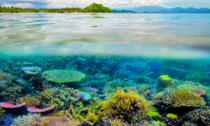

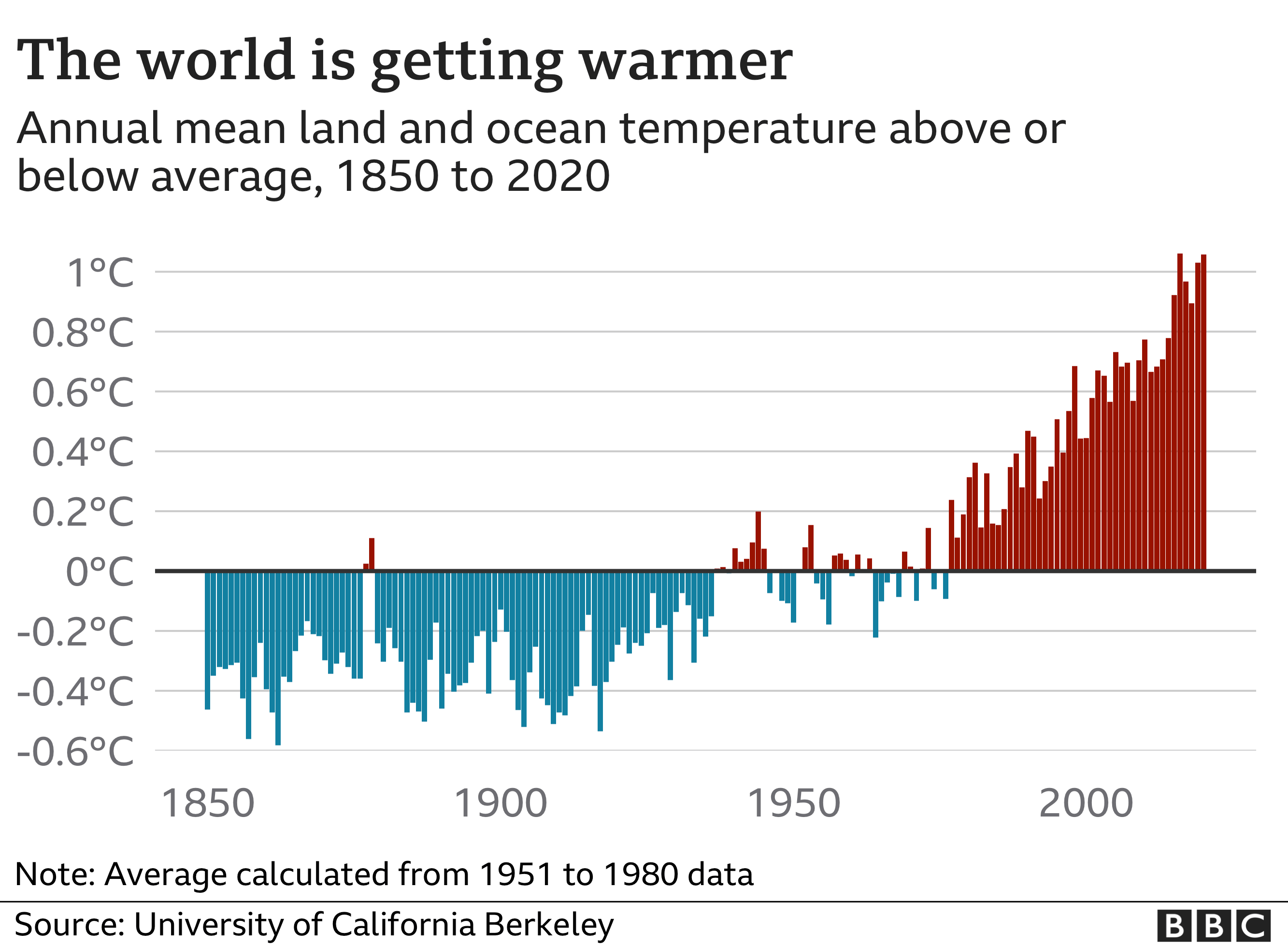
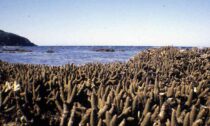


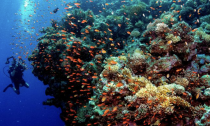

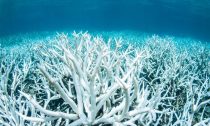

Social Profiles